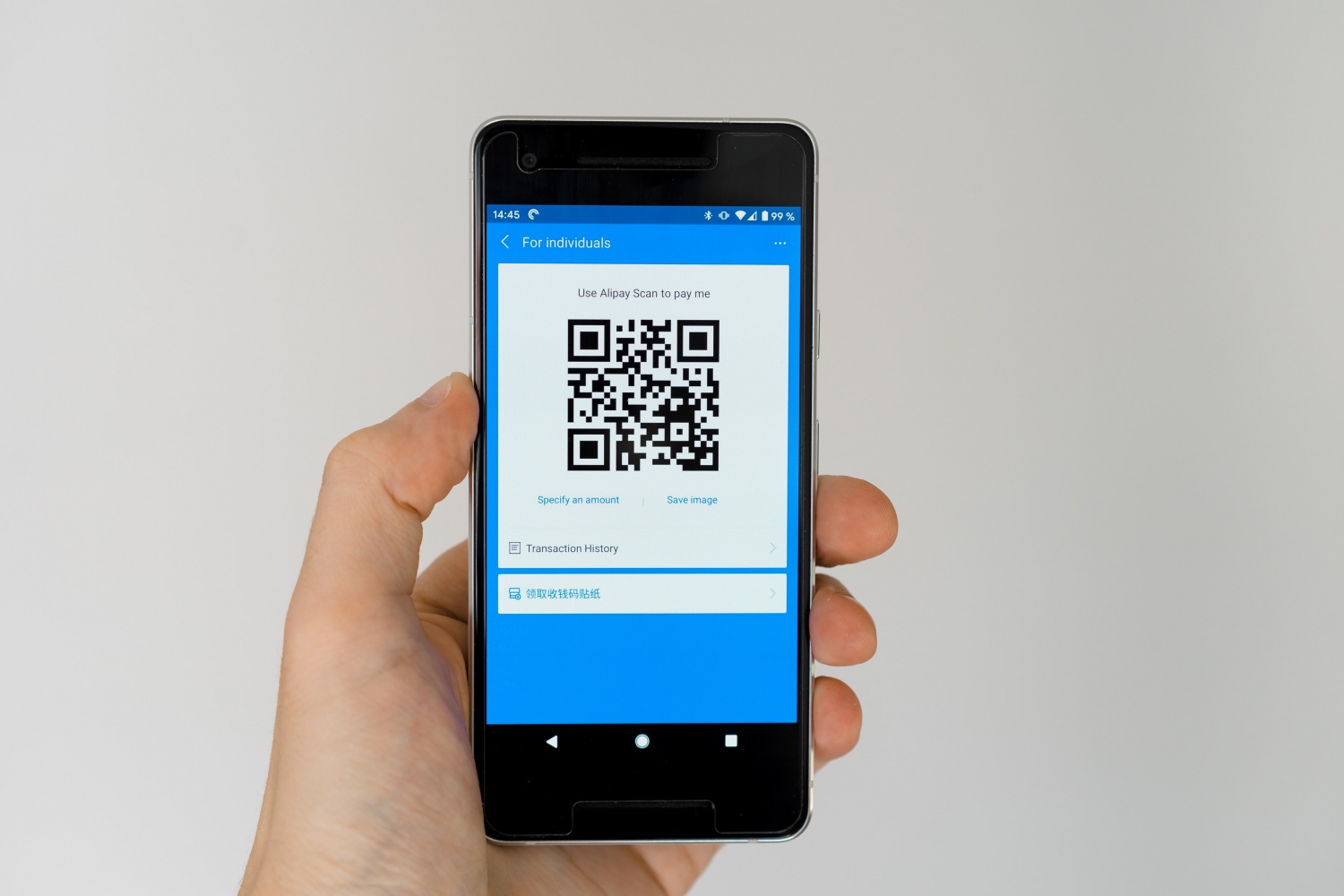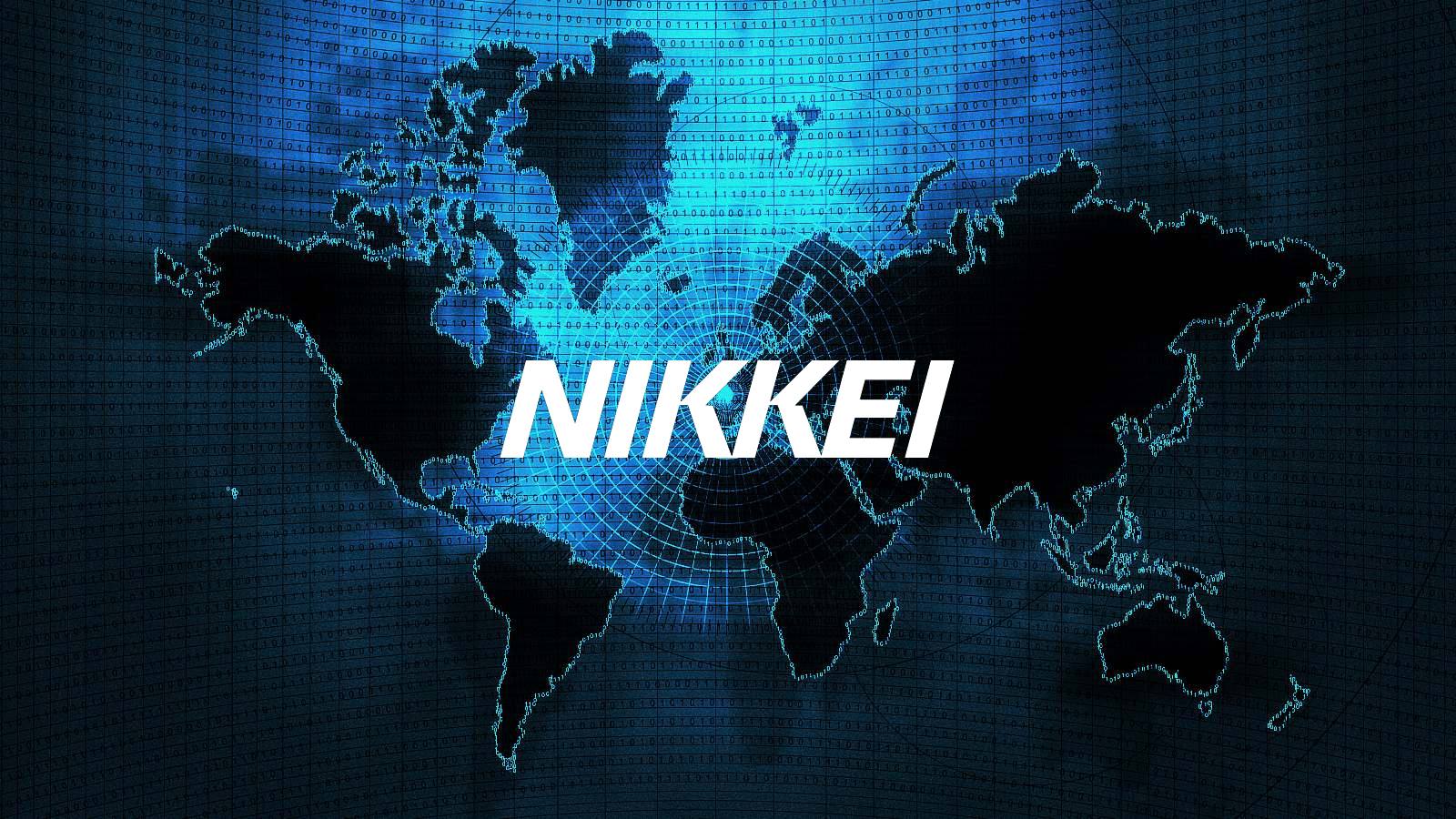Payments for SouthEast Asian Trips via QR Code May be Available Soon | Here’s How to Avoid QR Scams
Five of the SouthEast Asian top economies, including the Philippines, will link their networks so visitors may scan QR codes for payments.
Travelers may Sooner Pay for SouthEast Asian Travels by Scanning QR Codes
According to a report from Bloomberg, the goal of the central banks in Southeast Asia is to integrate their payment systems this year so that consumers may scan QR codes to make purchases throughout the area.
Bank Indonesia Governor Perry Warjiyo stated that by November, five of the region’s largest economies, including the Philippines, are scheduled to sign a deal to integrate their networks. Warjiyo announced it in a panel discussion that was held on the sidelines of the Group of 20 finance ministers and central bank governors meeting in Bali.
The system would employ local currencies to settle payments across the nations; thus, payments made in Thailand using an Indonesian app will be converted straight into rupiah and baht without needing US dollars as a middleman.
In order to ultimately introduce the same structure to real-time bank transfers and central bank digital currencies, the central banks will next attempt to connect this network with other regional clusters throughout the globe.
The managing director of the Monetary Authority of Singapore, Ravi Menon, said at the same panel in Bali, “This may be a vital action that we can expand to the rest of the globe.” He added that it is a piece of infrastructure that benefits all residents by increasing financial inclusion, boosting efficiency, and opening up new economic prospects.
There are still gaps in the relationships. While Singapore is connected to Thailand and is looking to add other nations, Malaysia, Indonesia, and Thailand are all connected.
Read Also: Nintendo Acquired Dynamo Pictures, Plans to Rename It to Nintendo Pictures
QR Code Scanning and Scams | Here’s What You Should Know
Contactless payments have gained popularity after the 2020 COVID-19 epidemic and societal alienation. Customers may pay with a credit card by scanning QR codes with their cellphones.
There’s no reliable, consistent method to know what a QR code connects to before scanning it and clicking its link, which allows…




